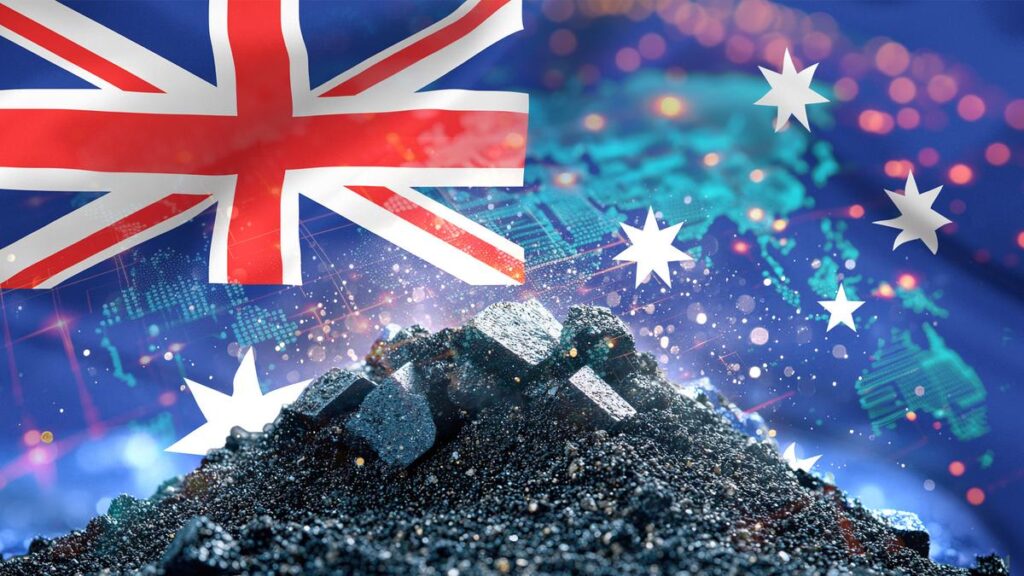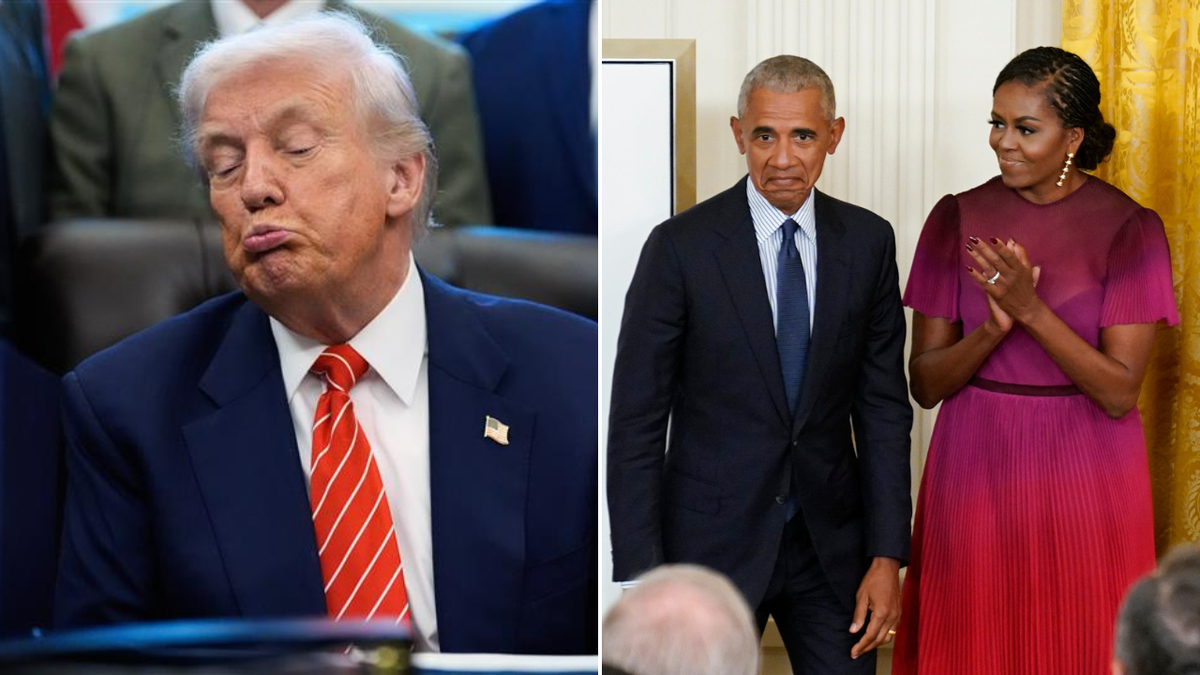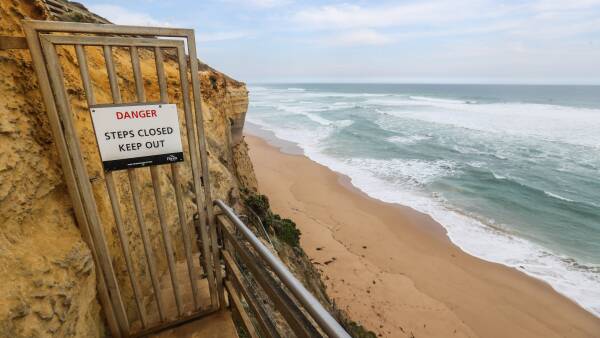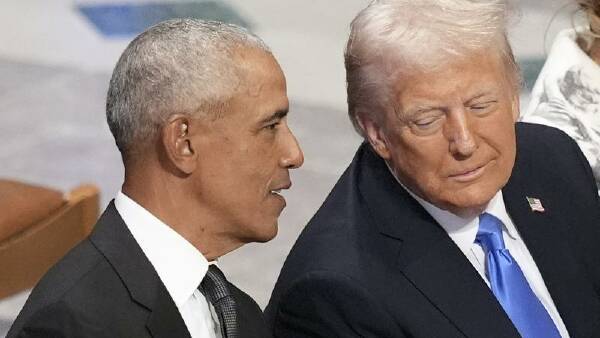
Australian World impact through Rare Earth Resources llustration: Don Lindsay
UPDATE: Australia’s critical minerals sector is gaining unprecedented global attention following the $13 billion investment announced at the G7 meeting. This urgent development, confirmed on October 20, 2023, positions Western Australia at the forefront of international solutions for supply chain challenges.
The Alcoa-Sojitz Gallium Project in Wagerup is set to be the first beneficiary of this landmark investment. Supported by the Australian, US, and Japanese governments, this initiative aims to diversify global gallium supply chains. Gallium, a critical metal for high-tech devices including 5G chips and lasers, is essential for modern defense and communication technologies.
During the G7 meetings, officials emphasized the urgent need for alternative supply chains for critical minerals and rare earths. Although Australia is not a G7 member, its invitation underscores its leadership in establishing transparent global markets and its commitment to achieving net zero emissions by 2050.
Minister for Resources and Northern Australia, Madeleine King, highlighted Australia’s role as a reliable supplier of energy and resources. “Australia is proud that our LNG provides energy security to the region and powers the great cities of Asia,” she said. King added that gas will continue to play a vital role in supporting renewable energy and powering critical minerals processing.
The G7 ministers have endorsed Australia’s proactive measures in fostering international cooperation for sustainable mineral supply chains. This includes developing standards-based markets for critical minerals, which are crucial for clean energy technologies. The decisions made at the G7 reflect a strong endorsement of Australia’s strategic initiatives and ongoing commitment to partner with allies globally.
Since 2022, the Albanese Government has invested over $28 billion in the critical minerals sector, marking the largest investment in Australia’s resources industry. This includes a $17 billion Critical Minerals Production Tax Incentive aimed at boosting onshore processing capabilities. Additionally, the government is finalizing a $1.2 billion strategic reserve expected to be operational by late next year, further solidifying Australia’s position in the global minerals market.
In a significant move towards international collaboration, King signed a joint declaration with Canada’s Minister for Resources and Energy, Tim Hodgson, to enhance cooperation in critical minerals. This agreement may pave the way for future investments in strategic reserves, reinforcing the bilateral relationship in resource management.
As global demand for critical minerals surges, Australia is poised to meet the challenge head-on. King affirmed, “These measures, supported by our trade partners and allies, ensure that Australia can effectively address future market disruptions from a position of strength.”
With ongoing developments in the critical minerals sector, Western Australia is not just a participant but a leader in shaping the future of global supply chains. This momentum underscores Australia’s reliability, safety standards, and dedication to environmental stewardship, making it an attractive destination for foreign investment.
Stay tuned for further updates as Australia continues to take pivotal steps in the global resources arena. The implications of these developments are set to resonate across industries, impacting everything from clean energy to modern technology.






